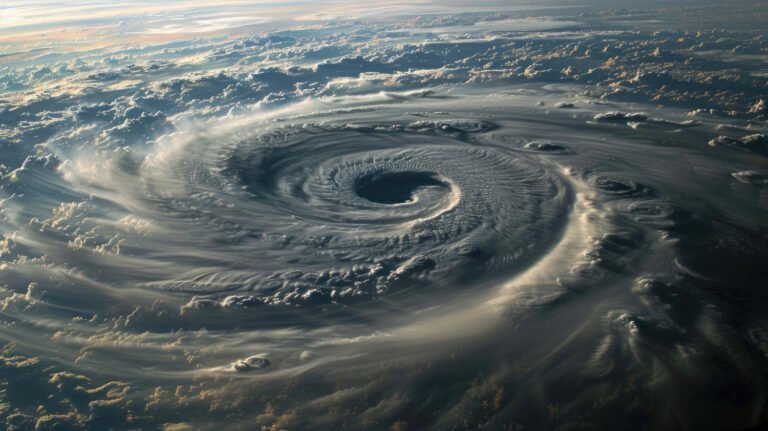Understanding Emotional Responses to the Climate Crisis
The escalating climate crisis has elicited profound emotional reactions globally, notably anger, anxiety, and anguish. These responses are rational and stem from witnessing environmental degradation and anticipating future ecological challenges. Recognising and addressing these emotions is crucial for mental well-being and fostering proactive engagement in climate action.
Important Points
- Eco-Anxiety: Defined as a chronic fear of environmental doom, eco-anxiety manifests as feelings of helplessness and distress about the planet’s future. This anxiety is prevalent among younger generations, influencing significant life decisions, including career choices and family planning.
- Ecological Grief: Also known as eco-grief, this refers to the mourning of environmental losses, such as the extinction of species or destruction of natural habitats. Individuals and communities closely connected to the land, including Indigenous populations, often experience profound grief as they witness the degradation of ecosystems integral to their cultural identity.
- Anger and Activism: Feelings of anger arise from perceived inaction by governments and corporations in addressing climate change. This emotion can serve as a catalyst for activism, motivating individuals to engage in environmental advocacy and demand systemic change.
- Mental Health Implications: Persistent exposure to climate-related disasters, such as hurricanes and wildfires, can lead to mental health issues, including post-traumatic stress disorder (PTSD), depression, and heightened anxiety. Communities repeatedly affected by such events face compounded psychological stress, underscoring the need for accessible mental health support.







